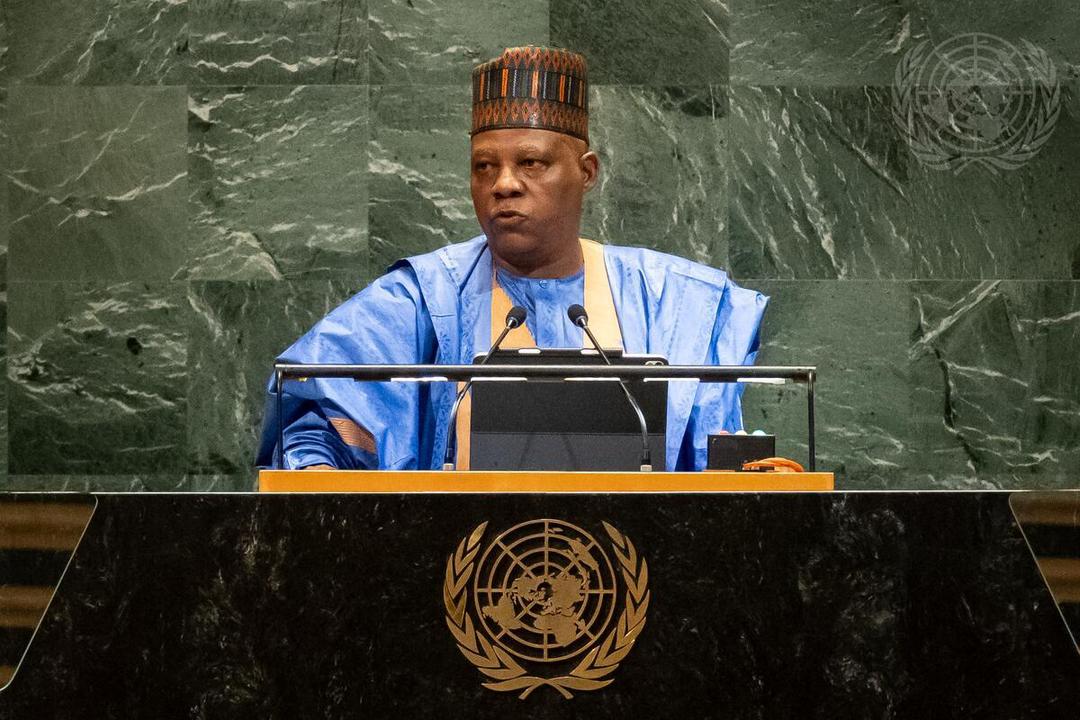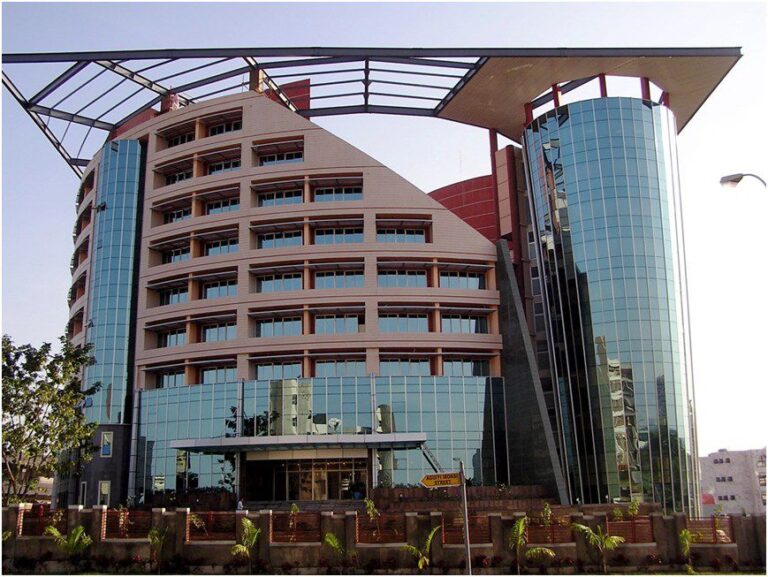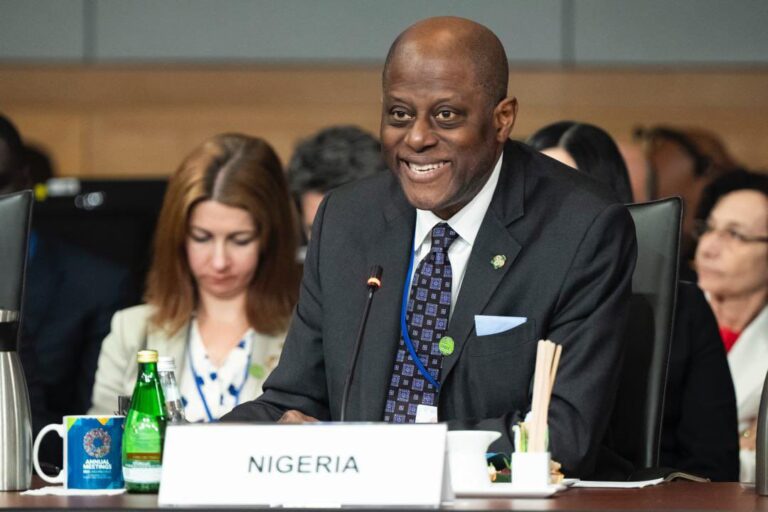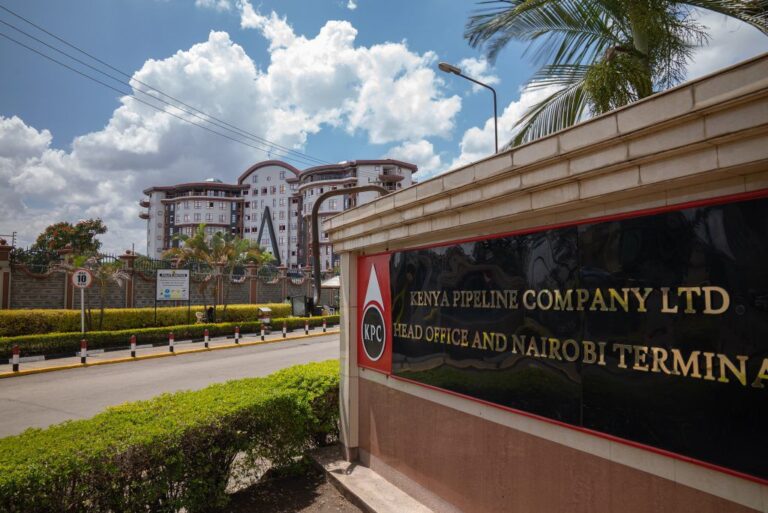The Federal Government of Nigeria is set to launch the second phase of the Nigeria Jubilee Fellows Programme (NJFP 2.0) on Wednesday, October 22, an initiative designed to generate a minimum of 20,000 jobs annually for young graduates across the country.
Vice President Kashim Shettima, who announced the ambitious target on Tuesday, emphasized that the programme is a strategic pillar to bridge the transition gap between learning and earning for thousands of young graduates with the required education but no job opportunity.
NJFP is a flagship national employment model coordinated by the Office of the Vice President, implemented by the United Nations Development Programme (UNDP), and significantly funded through continued support from the European Union (EU).
The redesigned second phase aims to deepen the impact of the initial programme, which was launched in 2022 and has since empowered over 14,000 young Nigerians through 12-month paid fellowships.
Deputy Chief of Staff to the President, Senator Ibrahim Hassan Hadejia, confirmed that the immediate target is to place a minimum of 24,000 fellows over the next 10 months as structures are established to sustain the 20,000 annual deployment target.
The programme, represents “a deliberate attempt to translate the nation’s demographic strength into productive economic power, demonstrating that when government provides structure, partnership, and purpose, young Nigerians rise to the occasion.” Vice president shettima said.

Nigeria’s most persistent economic challenges: the high rate of unemployment and underemployment among its vast and rapidly growing youth population. With hundreds of thousands of graduates entering the labor market annually, the system has struggled to absorb the influx of talent.
While the National Bureau of Statistics (NBS) reported an overall unemployment rate of 4.3% in the second quarter of 2024, experts argue that this revised methodology masks a deep crisis. Unemployment and underemployment among graduates remain critically high, driven by a fundamental disconnect: the skills acquired in tertiary institutions often do not align with the practical, technical, and soft skills demanded by high-growth, formal economic sectors. This skills mismatch leaves many highly educated youth in precarious, informal, or low-paid jobs.
NJFP 2.0 is structured around a 12-month paid work placement in both public and private sector organizations, offering fellows two clear career pathways:
- Pathway to Employment: Extended professional placements designed to maximize conversion into full-time employment with host organizations.
- Pathway to Entrepreneurship: Robust business mentorship and enterprise support to empower fellows to launch viable businesses in strategic economic sectors.
The ultimate goal is to ensure that every fellow is equipped to either secure meaningful employment or establish a successful enterprise by the end of their fellowship.
The key sectors earmarked for placements under NJFP 2.0 include:

- Agriculture
- Digital Technology
- Renewable Energy
- Manufacturing
- Creative Industries
UNDP Resident Representative, Elsie Attafuah, and the EU Ambassador to Nigeria and ECOWAS, Mr. Gautier Mignot, both reaffirmed their commitment to the initiative, describing NJFP 2.0 as a critical component of a larger national and continental vision for job creation and youth development.












